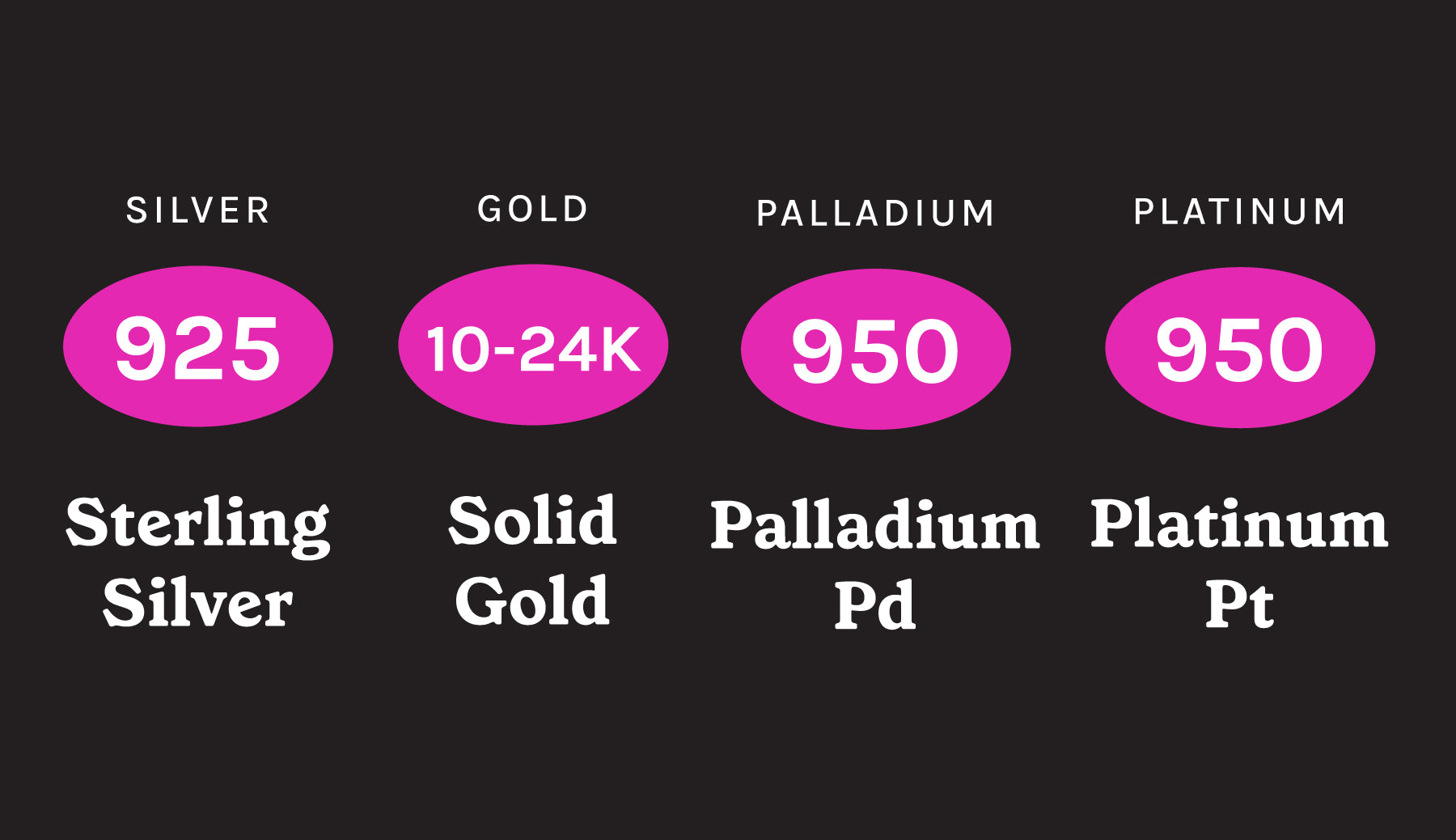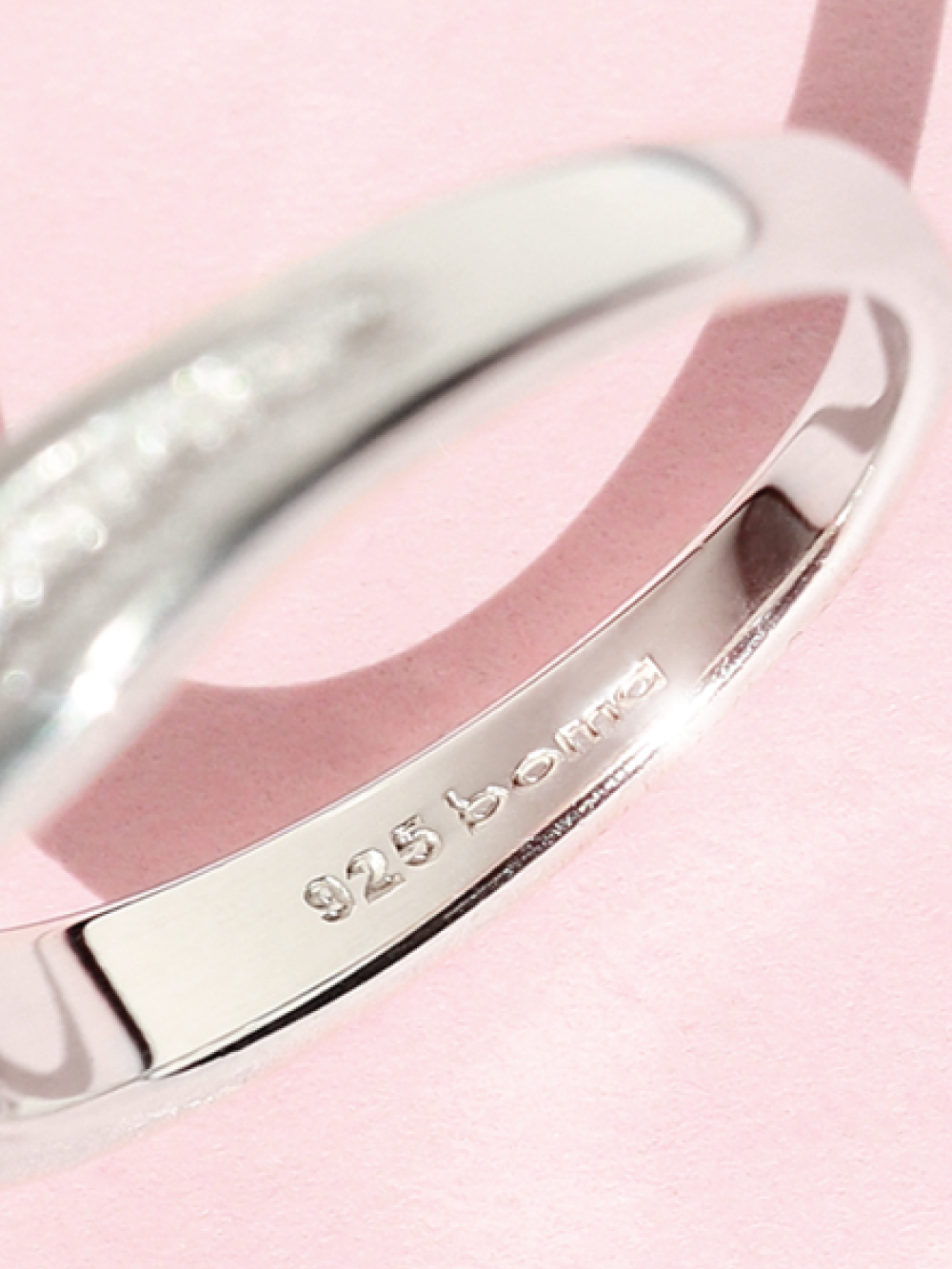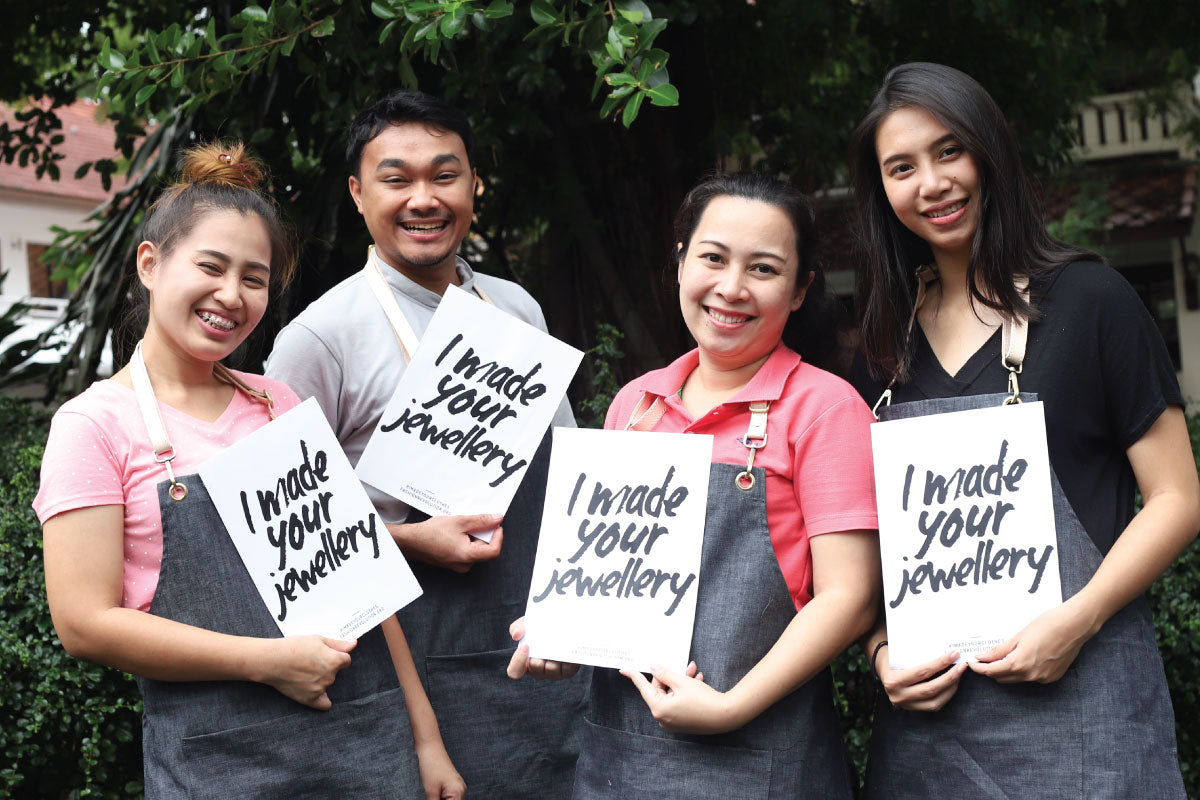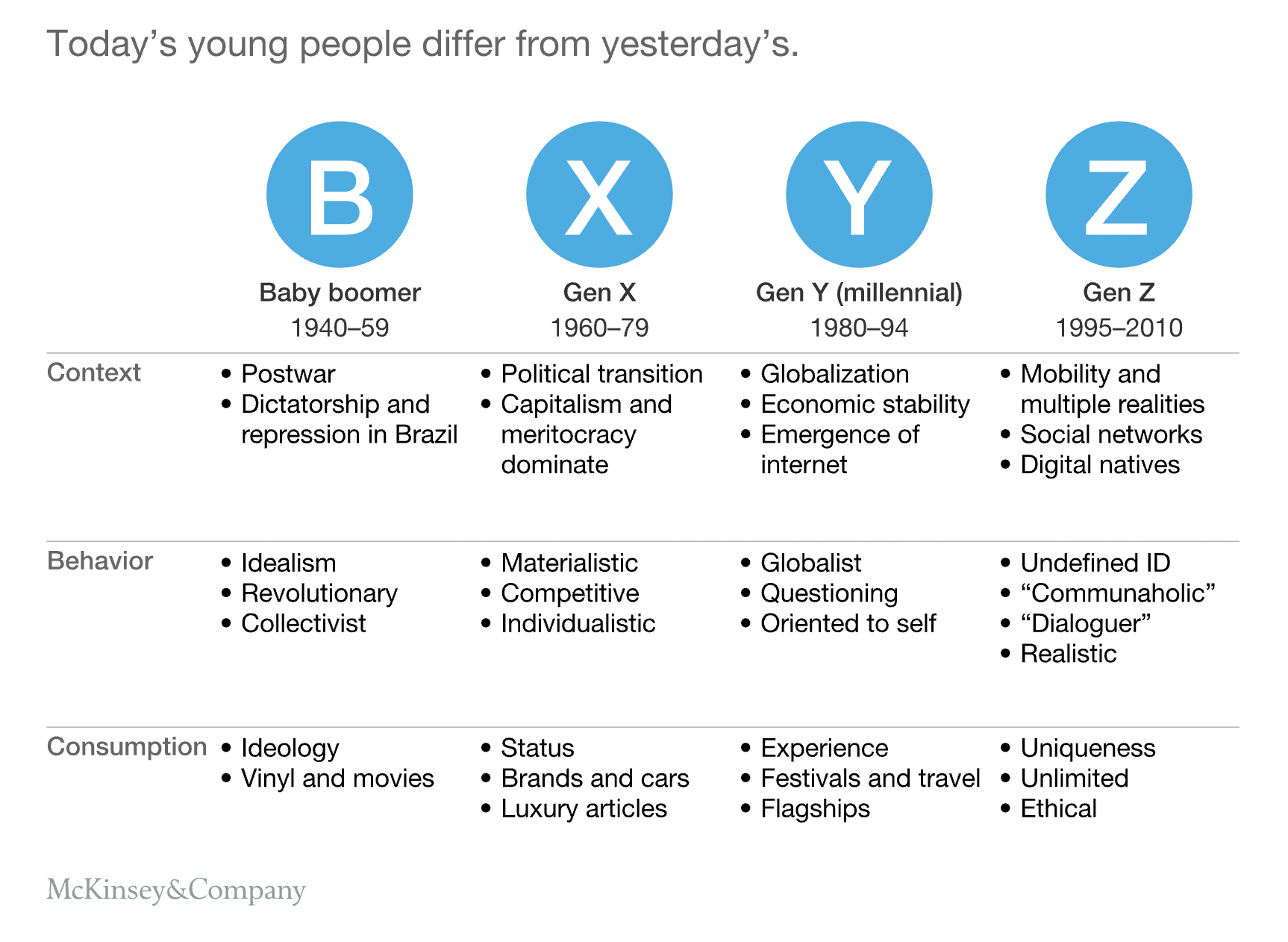Three Essential Insights for New Jewelry Retailers: A Guide by Boma Jewelry Wholesale
Starting a jewelry retail business is an exciting venture, but navigating the complexities of this industry can be challenging, especially for newcomers. At Boma Jewelry Wholesale, a B Corp certified sustainable jewelry brand based in Seattle since 1981, we believe in empowering our retail partners with knowledge and resources. Here are three crucial insights that every new jewelry retailer should know—topics that are often overlooked but critical for success.
1. Understanding Jewelry Quality and MaterialsKey Insight: The materials used in jewelry not only affect the price and appeal but also the durability and customer satisfaction. It's vital to understand the different metals and their properties. For example, sterling silver, known for its luster and durability, is a popular choice for high-quality jewelry. It's essential to source jewelry that is not only visually appealing but also made from materials that will stand the test of time.
It can be surprisingly confusing to distinguish between costume and fine jewelry. One easy tip to remember is that fine jewelry is made from precious metals. The 4 precious metals are: silver, gold, palladium, and platinum. In jewelry, you can identify these real precious metals by their jewelry hallmarks. View the chart below to know what the hallmarks look like:

Why It Matters: Customers are becoming more knowledgeable and concerned about the materials in their jewelry, especially regarding allergies and sustainability. Offering high-quality materials like recycled sterling silver, which is a hallmark of Boma Jewelry, ensures that your products meet customer expectations for both ethics and longevity.

(Above: All Boma Jewelry is made with 925 Sterling Silver as a base and is hallmarked 925).
Resource Tip: Familiarize yourself with industry standards and certifications. Browse jewelry industry resources like the Jewelers of America, the Responsible Jewelry Council, and the National Association for Jewelry Appraisers with pride provide comprehensive guides on different materials and their care.

Key Insight: Today’s consumers are increasingly concerned with the ethical implications of their purchases, including jewelry. Retailers need to ensure their products are sourced in a manner that aligns with these values. This means choosing suppliers who prioritize ethical sourcing and environmental responsibility.
Why It Matters: Aligning your business with these values not only attracts a growing segment of eco-conscious consumers but also builds trust and credibility. For example, as a B Corp certified brand, Boma Jewelry meets the highest standards of verified social and environmental performance, public transparency, and legal accountability.
Resource Tip: Ask your wholesale company to provide information on sustainability and ethical manufacturing. A trusted manufacturing will have high standards and certifications that are conducted by third party standards like Sedex or the Responsible Jewelry Council. Find out who is in charge of providing information on ethics and sustainability at the company and try to learn as much as you can from them.
3. Thinking Ahead for the Next Generation
Key Insight: Jewelry is not just purchased for its aesthetic appeal but for what it represents. Effective storytelling can significantly enhance a piece's perceived value. Retailers should know the stories behind their products—where the materials come from, who made them, and under what conditions. According to a 2023 McKinsey report on different young people's behaviors by generation, Gen Z is much more likely to consume and purchase from brands they deem ethical and sustainable.
Why It Matters: Especially for brands like Boma Jewelry, where each piece is crafted with care and purpose, sharing these stories can deeply resonate with customers. It adds a layer of emotional value and helps your products stand out in a competitive market.
Resource Tip: Develop marketing materials that highlight these stories. Use tools like Canva and storytelling workshops like those offered by StoryBrand can help craft compelling narratives around your products.
Conclusion
As you embark on this exciting journey in the jewelry retail sector, remember that success is often grounded in knowledge and authenticity. By understanding the quality of your products, committing to ethical and sustainable practices, and mastering the art of storytelling, you'll build a strong foundation that resonates with today’s discerning consumers. At Boma Jewelry Wholesale, we are committed to supporting our retail partners every step of the way. Visit our website to learn more about how we can help you succeed in the world of jewelry retail with products and practices that you and your customers can trust.

Suzanne Vetillart is a second generation owner of family-owned Boma Jewelry. Boma Jewelry was founded in Seattle in 1981. Learn more about story here.




